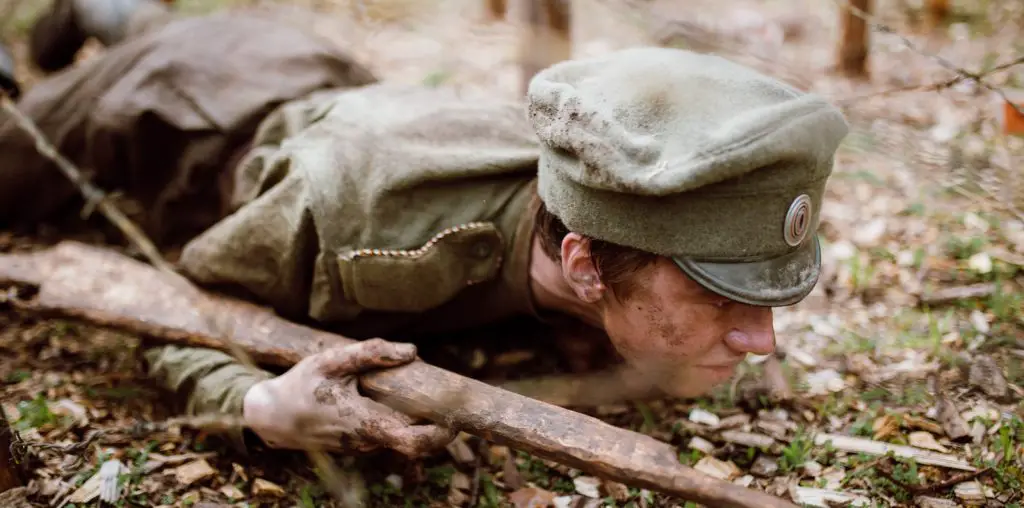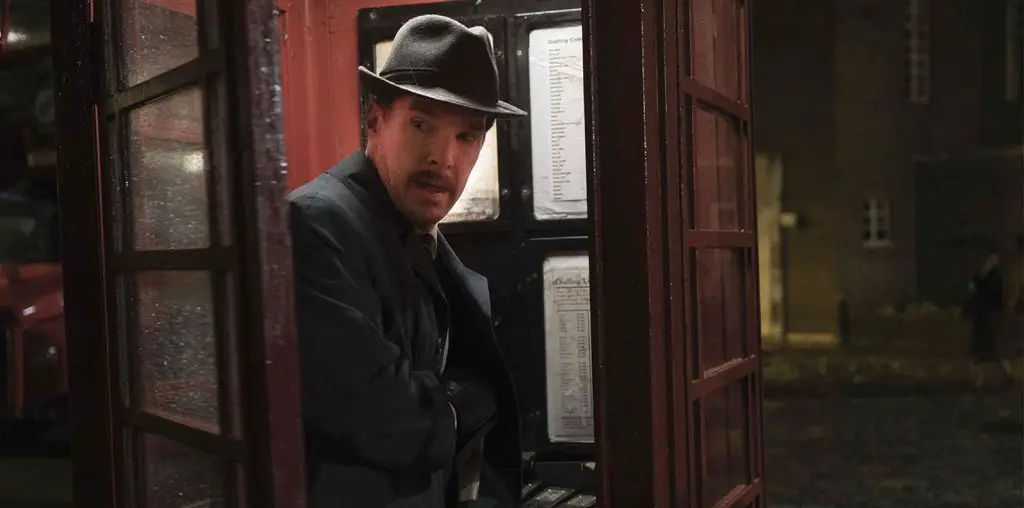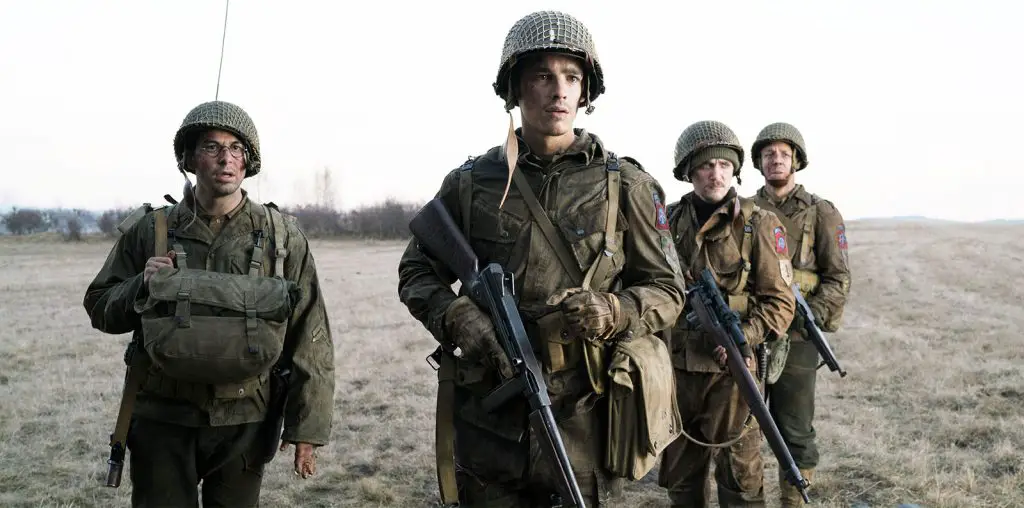
Set in the heart of Hitler’s violent rise to power, The Good Traitor follows Danish ambassador Henrik Kauffmann (Ulrich Thomsen) in his struggle to make peace in a world at war. As the Nazi forces begin to occupy his homeland, Henrik must choose between loyalty to his country or fighting Hitler in the face of treason. Inspired by true events, director Christina Rosendahl sheds light on the unsung champion of Denmark.
Shockingly the film opens in 1963, with the mercy killing of Henrik by his wife. We then jump to 1939, just as Hitler threatens to take Europe. The audience is left pondering how the characters shift from a comfortable life in Washington D.C. to blood-stained sheets. On the brink of World War II, Henrik faces marital drama and war-time politics, as he must choose between loving his faithful wife Charlotte (Denise Gough) and her sister Zilla (Zoe Tapper). Called a traitor in his homeland and scorned by his wife, Henrik must fight for diplomacy in a time when diplomacy was dead.
One of the biggest highlights of The Good Traitor is the costuming and cinematography. The costumes transport the audience into the high society of the 1940s. Combining superb costume design with ’40s pop music gives the movie style, adding a surprising sense of pizazz to a story ultimately about negotiation. There is a sequence at the Federal Reserve set to Tommy Dorsey’s “Yes! Indeed” that stands as a great marriage of cinematography, costuming, and the intangible “X-factor” that makes that scene something special.
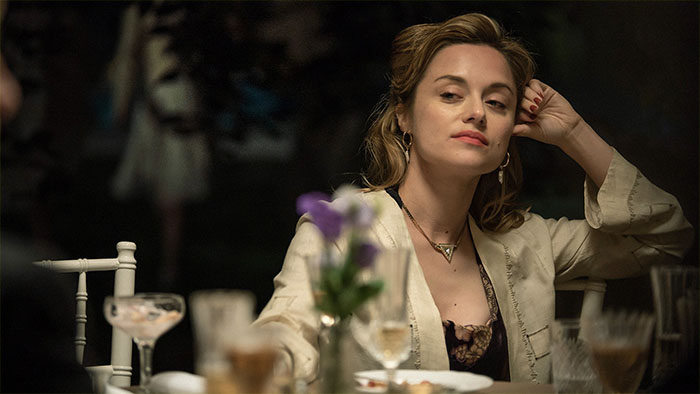
“…Henrik must choose between loyalty to his country or fighting Hitler in the face of treason.”
There is an abundance of great things going on in the film: the acting is excellent, the main story is compelling, and the looming tension of WWII is a constant. Rosendahl does an exceptional job contrasting the high-life of a diplomate with the sounds of Nazi occupation. It does an even better job displaying how diplomacy can save countless lives.
However, the movie suffers greatly from the mishandled pacing of the two storylines. In the A story, we have a very engaging political thriller, daring Henrik to stand-up against the rise of Hitler. The B plot gives a compelling look at a marriage in a tumultuous state against the backdrop of international politics. The problem is that the two halves feel so separate in how they are revealed and edited together. The script by Kristian Bang Foss, Dunja Gry Jensen, and Christina Rosendahl often lingers too long in one storyline while cutting off the other just as you start to settle in.
My experience watching The Good Traitor was enjoyable. The film is a quick two-hours and tells an uncelebrated story of WWII. Ulrich Thomsen gives a confident and calculated performance as the late diplomate, always selling the importance of every decision Henrik makes. There’s a fantastic cinematic foundation here, but unfortunately, much of its greatness departs due to the editing. Despite that issue, The Good Traitor is still a solid movie for history buffs and does contain several moments of genuine style, making it well worth the watch.
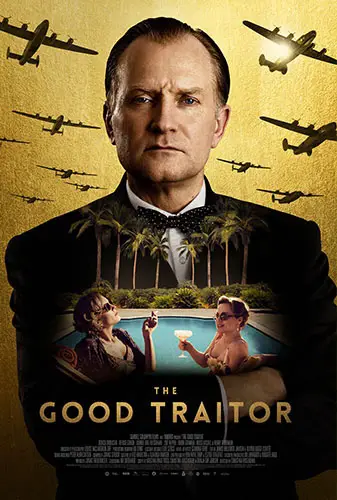
"…Thomsen gives a confident and calculated performance..."
